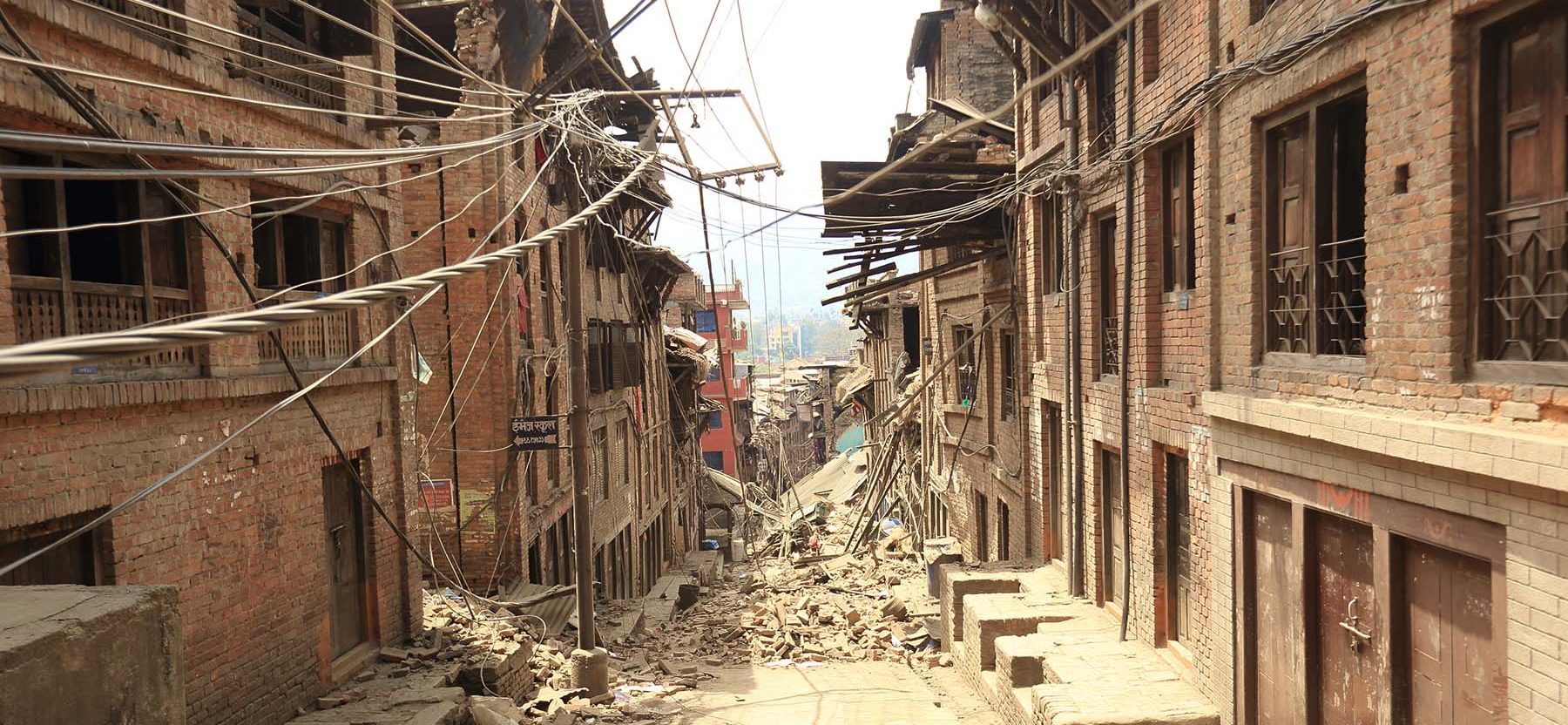DFID has deployed a team of more than 60 search and rescue responders and medical experts as part of a cross-government capacity surge to support the relief effort in Nepal.
The Department for International Development has deployed a team of more than 60 search and rescue responders and medical experts as part of a cross-government capacity surge to support the relief effort in Nepal.
The earthquake which hit Nepal on 25 April is believed to have killed at least 8,000 people, with thousands more expected to be in desperate need of shelter and assistance.
A DFID-chartered flight left London for Kathmandu, carrying:
- seven UK International Search and Rescue crews, four search and rescue dogs, a medical support team and a hazardous materials specialist. They will take with them more than 11 tonnes of kit, including torches, axes, rope, search cameras, stretchers and tents;
- trauma medics travelling as part of a DFID-deployed UK Med team;
- a five-strong Foreign Office Rapid Deployment Team who will provide further consular assistance for British nationals affected by the disaster; and
- experts from leading aid agencies including the British Red Cross, Médecins Sans Frontières and Map Action, an international disaster mapping charity. They will join the growing international aid effort in Kathmandu and help direct much-needed assistance

Response teams and medics board the DFID flight (Image DFID)
This deployment is the latest step in the UK’s response to the earthquake in Nepal, which includes:
- A £5 million package of UK support, including £3 million released under the Rapid Response Facility (RRF) so partners can address immediate needs on the ground and £2 million for the British Red Cross;
- the deployment of eight disaster response specialists from the UK. They are on their way to Nepal to assess the scale of the damage and help the Nepalese authorities direct the humanitarian response; and
- consular assistance to British nationals who have been caught up in this disaster and a crisis hotline for those concerned about friends or family.
For more information see the original story on the DFID website.
This disaster comes just over a month after the new Sendai Framework for Disaster Risk Reduction (the global agreement on how nations should prepare for and respond to disasters) was agreed at a United Nations World Conference in Sendai, Japan.

